Podcast: The Academic Minute
-
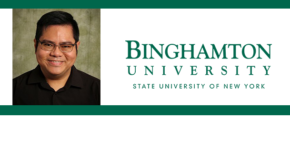
Thi Tran, Binghamton University – Creating Tools to Better Track Online Misinformation
Which misinformation will cause the most harm is important to figure out. But how? Thi Tran, assistant professor of management information systems at Binghamton University, looks for a little help. Thi Tran is currently an assistant professor of management information systems at the Binghamton University School of Management. He holds a PhD in Information Technology,…
-
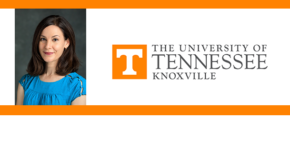
Megan Bryson, University of Tennessee – Buddhism and Gender Fluidity
Gender fluidity may be part of the current zeitgeist, but it’s not a wholly new topic. Megan Bryson, Lindsay Young associate professor of religious studies and chair of Asian studies at the University of Tennessee, examines one historical example. Dr. Megan Bryson’s research focuses on gender and ethnicity in East Asian Buddhism. She has published…
-
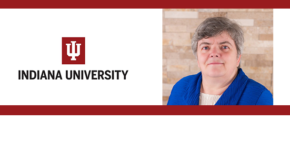
Moira Marsh, Indiana University Bloomington – Celestial Creatures and the Mythology Behind the Solar Eclipse
On today’s Indiana University’s Total Solar Eclipse segment: Humans have long used stories to explain things we can’t understand, and an eclipse is no different. Moira Marsh, researcher and folklore librarian, uses mythology to tell the story of the darkened daytime sky. Moira Marsh is a folklorist and librarian at Indiana University Bloomington. She earned…
-
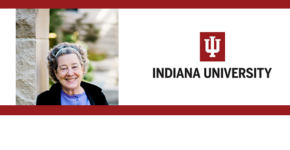
Catherine Pilachowski, Indiana University Bloomington – What to Expect During a Total Solar Eclipse
On Indiana University’s Total Solar Eclipse Week: Astronomers are about to get a rare chance for some breakthrough discoveries. Catherine Pilachowski, Daniel Kirkwood Chair and distinguished professor of astronomy, explores how. Professor Pilachowski holds the Kirkwood Chair in Astronomy at Indiana University Bloomington, where she teaches and conducts research on the evolution of stars and…
-
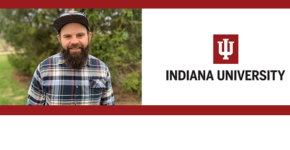
Daniel Beverly, Indiana University Bloomington – How Several Minutes of Darkness Can Impact the Environment
On Indiana University’s Total Solar Eclipse Week: How will the natural world react to the total solar eclipse? Daniel Beverly, postdoctoral researcher at the O’Neill School of Public Environmental Affairs, examines this. Daniel Beverly is a Postdoctoral Research fellow at the O’Neill School of Public and Environmental Affairs at Indiana University Bloomington. He received his…
-

Hin Cheung, Indiana University Bloomington – How to Safely View a Total Solar Eclipse
On Indiana University’s Total Solar Eclipse Week: Safety is always key when it comes to the sun. Hin Cheung, clinical assistant professor at the School of Optometry, explains how to view the eclipse without causing damage to your eyes. Dr. Hin Cheung joined the Indiana University School of Optometry in July 2021 as a clinical…
-
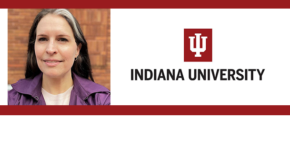
Kimberly Rosvall, Indiana University Bloomington – What Can We Expect Animals to do During a Solar Eclipse?
On Indiana University’s Total Solar Eclipse Week: How will migrating birds treat the solar eclipse? Kimberly Rosvall, associate professor of biology, asks for help in finding out. Kimberly Rosvall is an Associate Professor in the Department of Biology at Indiana University Bloomington. She is also affiliated with IU’s internationally-recognized Program in Animal Behavior. Rosvall’s overarching…
-
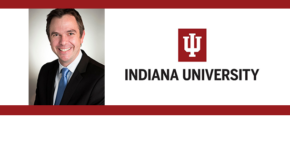
Philip Powell, Indiana University Bloomington – Economic Impact of a Solar Eclipse
On Indiana University’s Total Solar Eclipse Week: Special events can bring an abundance of tourism dollars to an area. Philip Powell, clinical assistant professor of business economics and public policy at the Kelley School of Business, looks into the effects of eclipse tourism. Executive Director of the Indiana Business Research Center and Associate Clinical Professor…
-
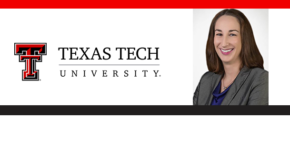
Deidre Popovich, Texas Tech University – Wine Nutrition Labels May Surprise Consumers
Nutrition labels could be coming to a wine store near you. Deidre Popovich, associate professor of marketing at Texas Tech University, says customers might not like what they see. Deidre Popovich is an associate professor of marketing in the Rawls College of Business at Texas Tech University. She earned a PhD in marketing from Emory…
-
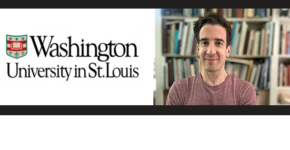
Keith Hengen, Washington University St. Louis – Sleep Resets the Brain’s Operating System
Why do we need to sleep? Keith Hengen, assistant professor in the department of biology at Washington University in St. Louis, delves into our brain to find the answer. Keith Hengen was born and raised in Concord, NH, and was first introduced to neuroscience at Bates College. From there, Keith went directly to grad school…
